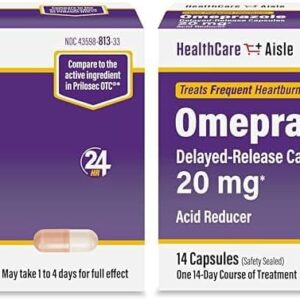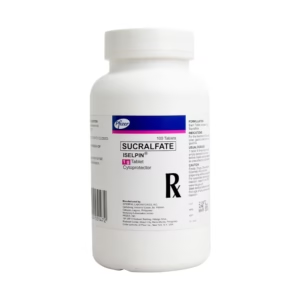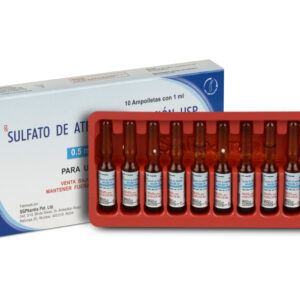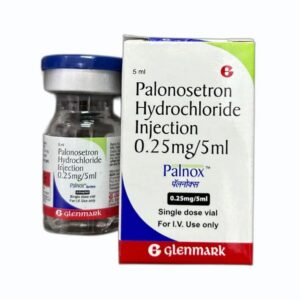-
Omeprazole
Applications:
- Used to treat gastroesophageal reflux disease (GERD), peptic ulcers, and conditions related to excess stomach acid.
- Helps reduce acid production in the stomach, promoting healing and alleviating symptoms like heartburn.
Side Effects:
- Headache, diarrhea, nausea, and abdominal pain.
- In rare cases, it can cause kidney issues, low magnesium levels, or vitamin B12 deficiency with long-term use.
Omeprazole is effective in managing acid-related gastrointestinal conditions but may cause mild side effects like headache and stomach discomfort. Serious side effects are rare but should be monitored, particularly in individuals with kidney problems or those who use it long-term.
Br120.00
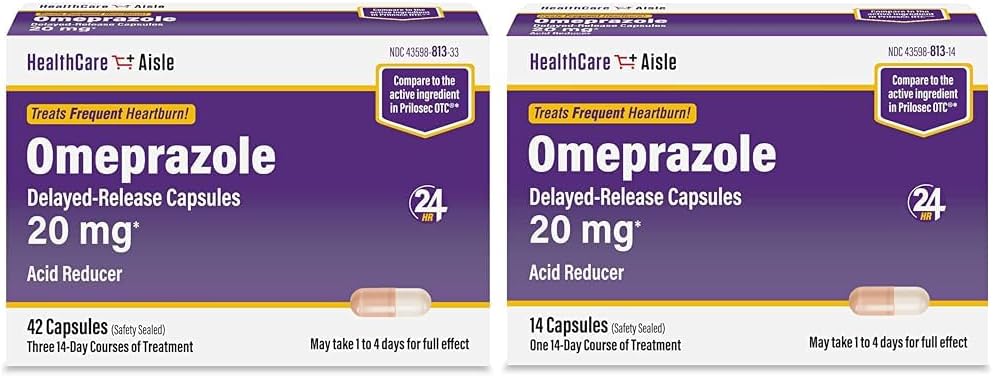
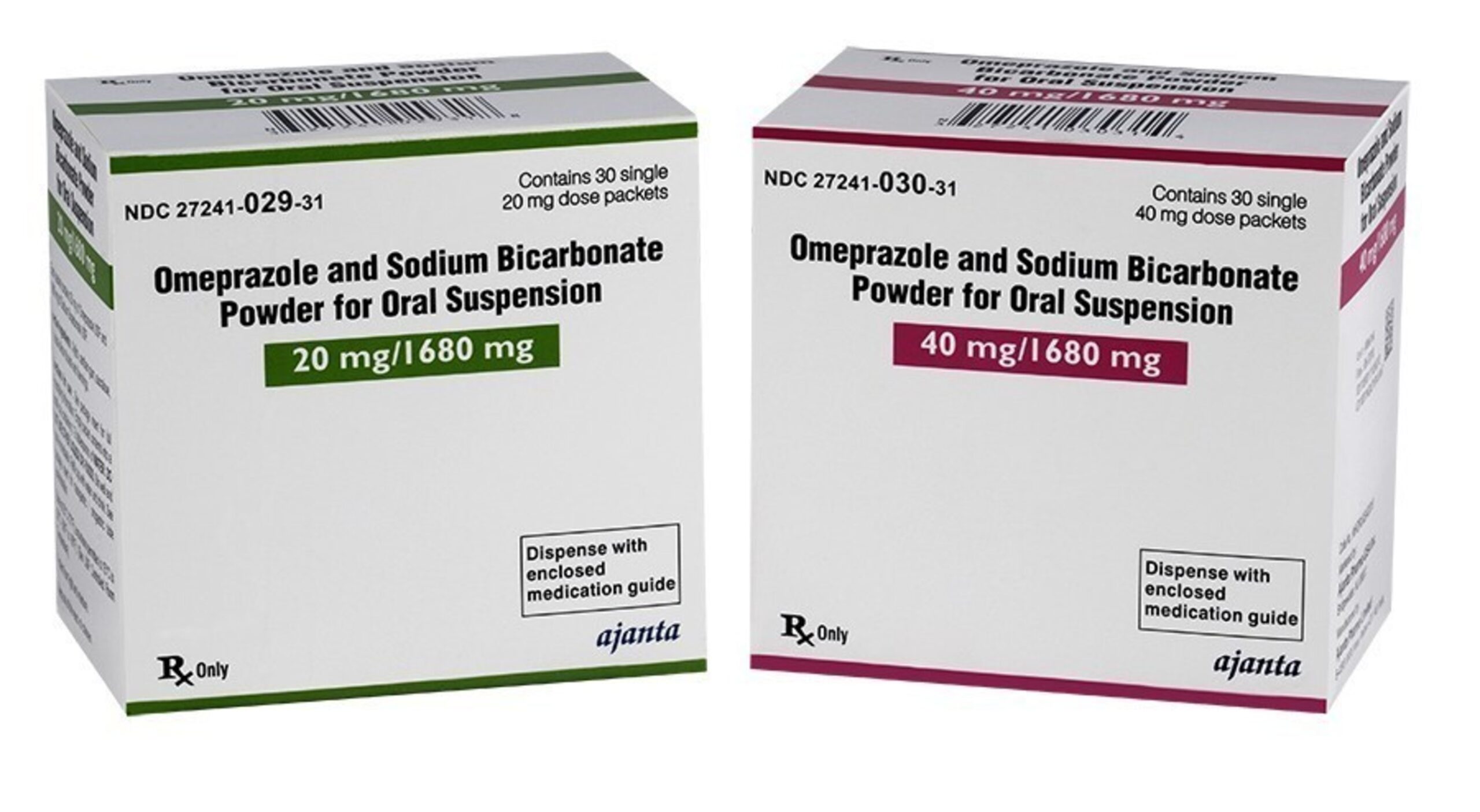
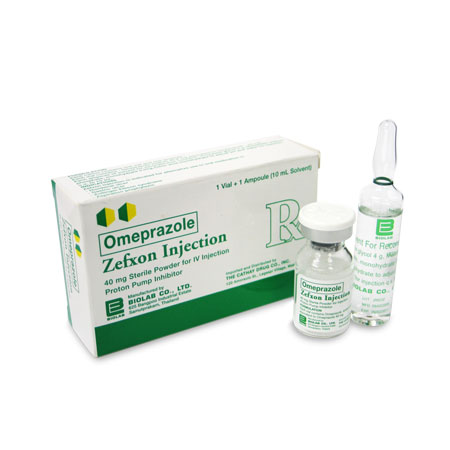
Omeprazole
Br120.00 Select options This product has multiple variants. The options may be chosen on the product page -
Sucralfate
Sure! Here’s a similar overview for sucralfate:
Applications:
- Used primarily to treat and prevent peptic ulcers by forming a protective barrier over ulcer sites in the stomach and intestines.
- Often prescribed for gastroesophageal reflux disease (GERD) and to manage conditions involving damage to the stomach lining, like gastritis.
- Can help in the healing of esophageal ulcers, as well as ulcers caused by nonsteroidal anti-inflammatory drugs (NSAIDs).
Side Effects:
- Common side effects include constipation, dry mouth, and mild stomach discomfort.
- Rare but serious side effects can include allergic reactions, severe abdominal pain, or difficulty breathing.
- Prolonged use may lead to malabsorption of nutrients like phosphate, which can cause low phosphate levels.
- In some cases, patients may experience dizziness or headache.
Sucralfate is typically considered a safe treatment, but like with any medication, it’s important to monitor for any adverse effects, particularly with long-term use.
Br120.00
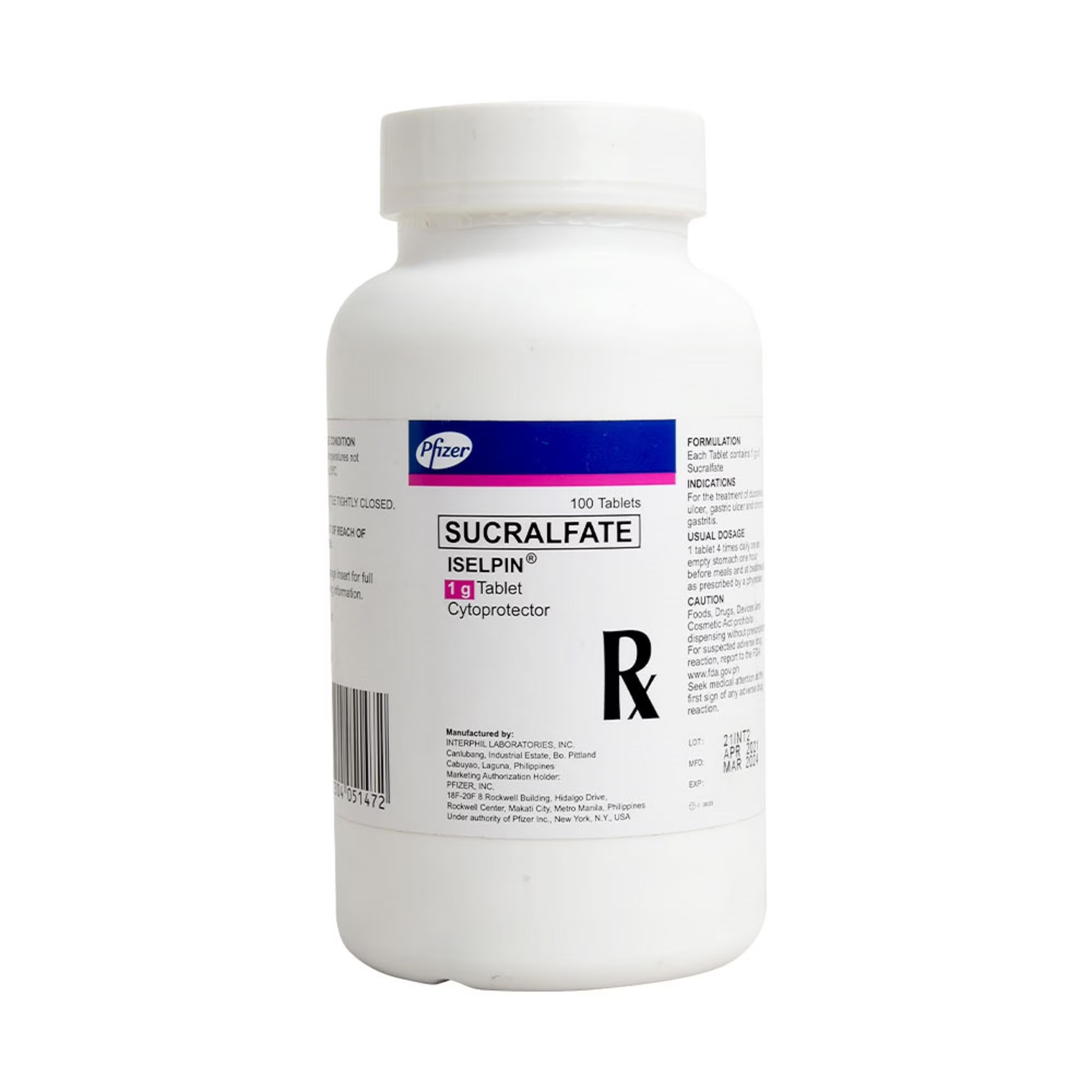
Sucralfate
Br120.00 Select options This product has multiple variants. The options may be chosen on the product page -
Atropine Sulphate
Applications:
-
Pre-Anesthesia: Reduces saliva and respiratory secretions before surgery.
-
Bradycardia: Emergency treatment for abnormally slow heart rate.
-
Poison Antidote: Countacts organophosphate or nerve agent poisoning.
-
Ophthalmic Use: Dilates pupils for eye exams or inflammation treatment.
-
GI Disorders: Relieves spasms in irritable bowel (rarely used today).
Side Effects:
-
Common: Dry mouth, blurred vision, rapid heartbeat, dizziness.
-
Serious:
-
Hallucinations/confusion (high doses)
-
Urinary retention
-
Glaucoma attacks (with eye drops)
-
Dangerous tachycardia (overdose)
-
Note:
-
IV/IM use only in emergencies (hospital/EMS).
-
Reverses life-threatening cholinergic toxicity (e.g., pesticide poisoning).
Br120.00
Atropine Sulphate
Br120.00 Select options This product has multiple variants. The options may be chosen on the product page -
-
Chlorpromazine Hydrochloride
Applications:
-
Psychosis (schizophrenia, mania)
-
Severe nausea/vomiting
-
Intractable hiccups
-
Acute agitation/sedation
Side Effects:
Common: Drowsiness, dry mouth, constipation, low BP
Serious:-
Muscle spasms (EPS), tardive dyskinesia
-
Neuroleptic malignant syndrome (NMS)
-
QT prolongation → heart rhythm risk
-
Seizures, confusion (elderly)
Avoid in: Glaucoma, Parkinson’s, heart rhythm issues.
Br120.00
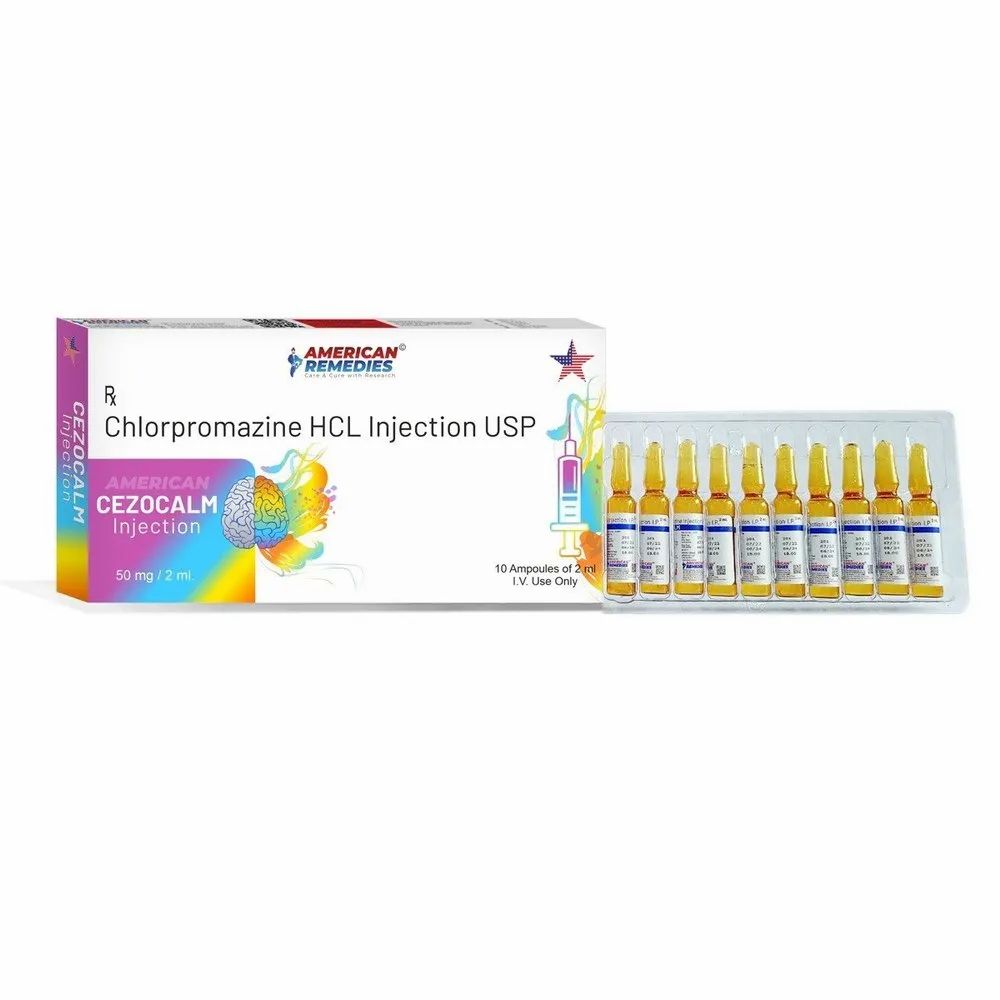
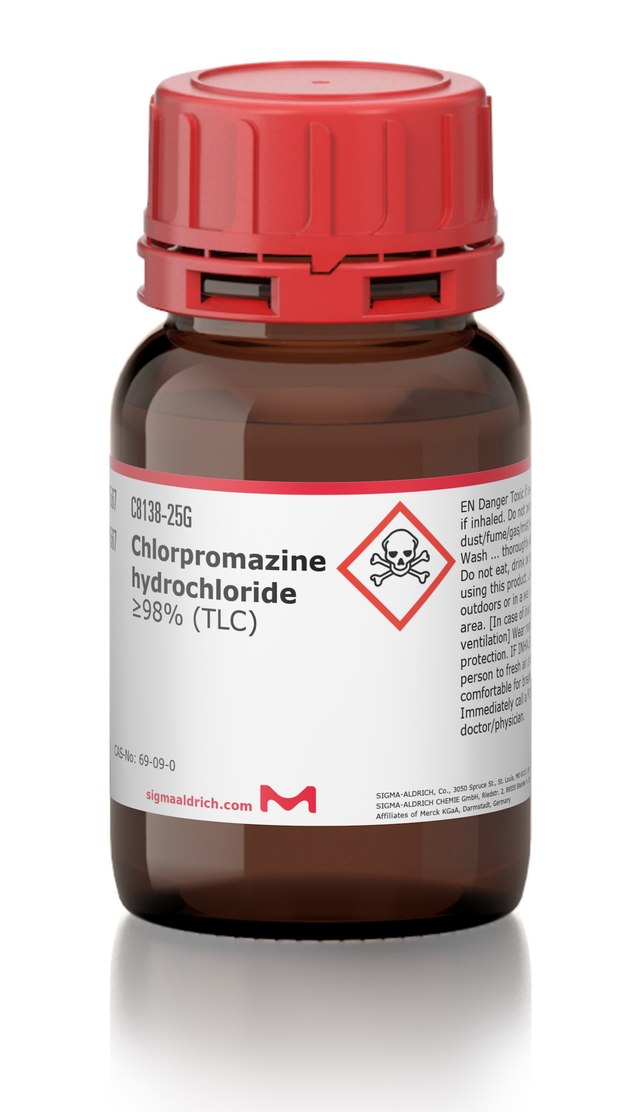

Chlorpromazine Hydrochloride
Br120.00 Select options This product has multiple variants. The options may be chosen on the product page -
-
Palonosetron Hydrochloride
Palonosetron Hydrochloride is a long-acting 5-HT3 receptor antagonist used to prevent nausea and vomiting.
Applications:
-
Prevents acute and delayed nausea/vomiting from moderately to highly emetogenic chemotherapy.
-
Also used for postoperative nausea and vomiting.
Side Effects:
-
Common: headache, constipation, dizziness.
-
Serious (rare): QT prolongation, hypersensitivity reactions.
Br120.00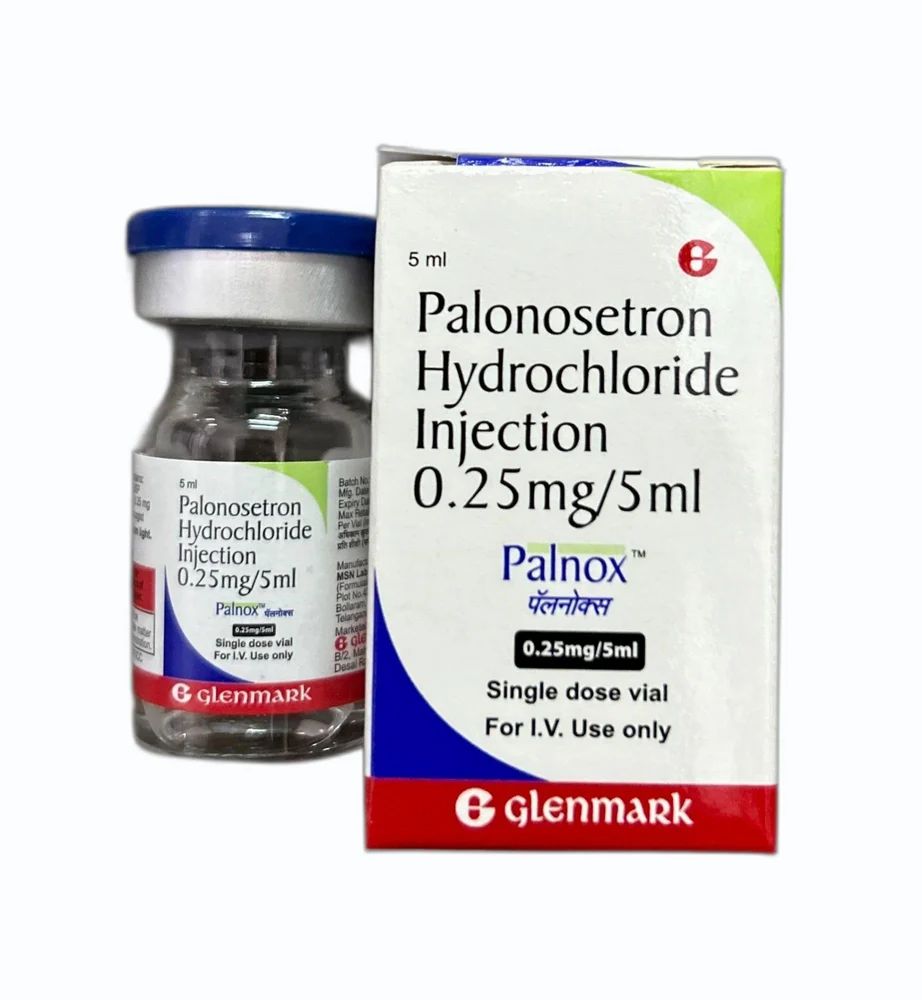
Palonosetron Hydrochloride
Br120.00 Select options This product has multiple variants. The options may be chosen on the product page -

